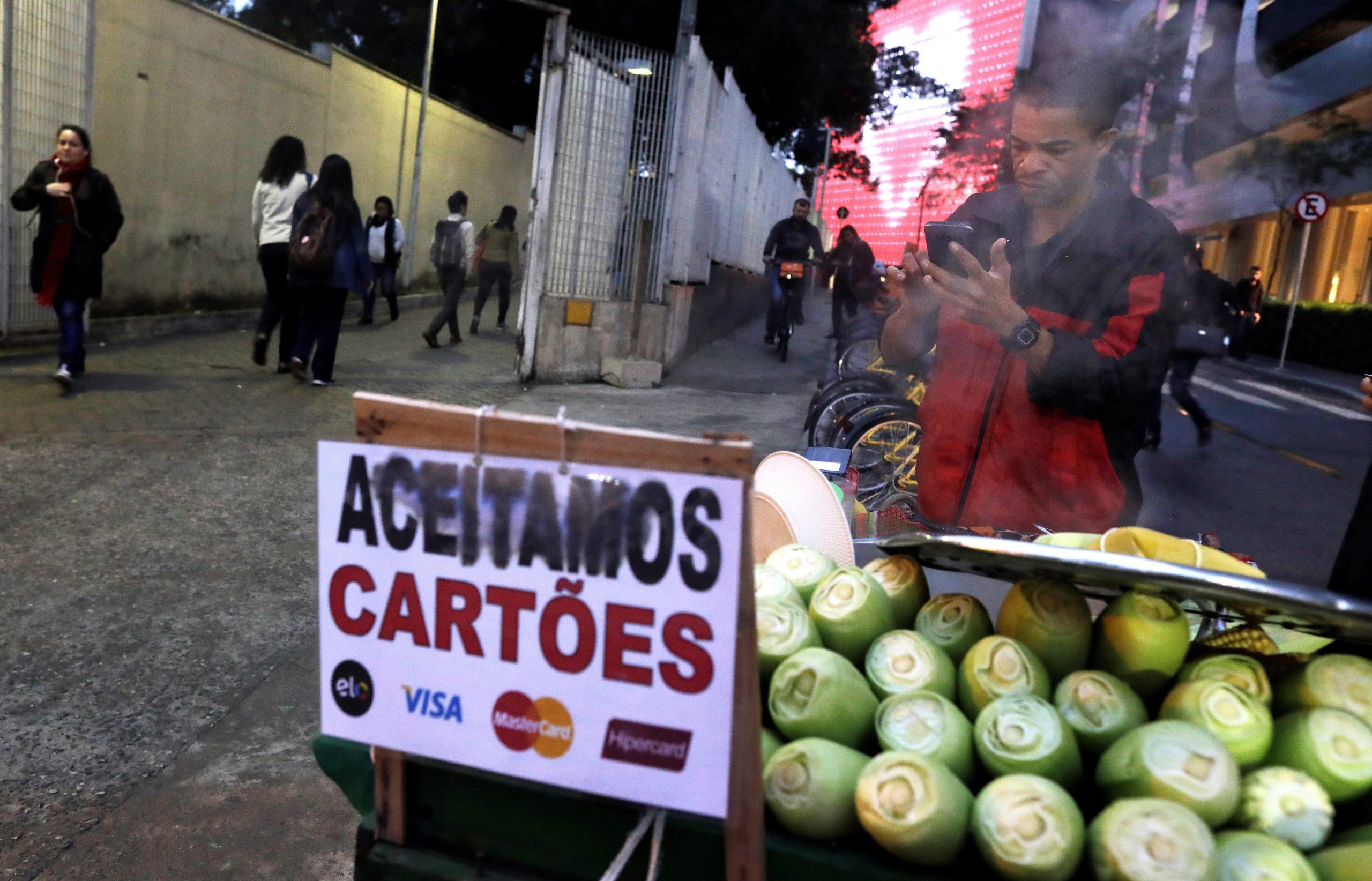Brazil’s Planning Minister, Simone Tebet, expressed optimism about a potential interest rate cut by the central bank in the second half of the year. She emphasized that while foreign policy uncertainties exist, domestic economic policies remain stable, with public finances in order.
Even if the interest rate reduction is small, Tebet believes conditions will be favorable for such a move. Her remarks contrast with private economists’ forecasts, which predict that the Selic rate will peak at 15% in 2024, with cuts not expected until the first policy meeting next year.
Optimistic Growth Outlook Amid Monetary Tightening and Inflation Control Measures
Tebet also provided an optimistic view of Brazil’s economic growth, suggesting that it may exceed government projections, though it is unlikely to surpass a 3% expansion in 2024. The government’s latest forecast anticipates a 2.3% rise in GDP, a slowdown from the 3.4% growth recorded in 2024. This outlook highlights the resilience of Brazil’s economy despite global uncertainties. However, the central bank maintains that a controlled economic slowdown is necessary to bring inflation in line with the 3% target.

Brazil’s central bank has been pursuing a stringent monetary policy to curb inflation. Since beginning its tightening cycle in September, the bank has raised its benchmark interest rate by 375 basis points, bringing it to 14.25%.
Another rate hike is expected in May, although it is likely to be smaller than the previous 100-basis-point increase. Policymakers have refrained from making longer-term projections due to heightened economic uncertainties, signaling a cautious approach in response to evolving global and domestic conditions.
Government Policies Aim to Balance Economic Growth, Inflation, and Market Stability
Tebet dismissed concerns that President Luiz Inácio Lula da Silva’s recent measures to boost consumption would contribute to inflation. She argued that initiatives such as a broader income-tax exemption for the middle class align with the administration’s campaign promises and should not disrupt economic stability. The government’s commitment to maintaining fiscal responsibility while implementing social policies aims to balance economic growth with inflation control.
The broader investment climate remains uncertain, with investors closely monitoring interest rate policies and economic growth trends. While Tebet’s outlook suggests a stable fiscal environment, market analysts remain cautious, awaiting further policy signals from the central bank. The financial sector continues to evaluate investment opportunities, considering the potential impacts of interest rate changes on stock market valuations and economic performance.

